The third episode of Doom Patrol feels like a fairly self-contained, one-off outing on its surface throughout most of the episode. By the end of “Nostalgia Patrol”, though, it is clear that the episode is an integral part of the season’s moving plot. After the first two episodes’ focus on the 2042 apocalypse and the team trying to grab its footing immediately after the decision to be the Doom Patrol, the restart of the crew’s daily lives almost feels disconnected. The stuck-in-a-movie plot came across like a stand-alone bit in classic Doom Patrol side adventure charm, but it ultimately serves as a clear launching pad for a parallel overarching storyline for the season—Immortus will rise.
Doom Patrol is not known for answering open questions swiftly or without ambiguity. But even when the show goes to off-the-wall territory, it often stays strangely connected, and Season 4 may be no different. The concept of immortality has long tied many characters and elements together, some not as obvious as others. Immortus rising, then, is likely to bring back familiar faces and concepts from past seasons. And with a strong possibility (given the non-stop shakeups and breakups of HBO Max and the DCEU) of Season 4 being the show’s final season, bringing everything together in the end makes the most sense.
The group’s first interaction with the adversary is passive, psychological, emotional, and successful. General Immortus promises to be a force this season that goes to the heart of the Doom Patrol, exploring the shady Immortus Initiative and Niles Caulder’s mildly disturbing actions that led to him collecting and experimenting on our main characters from the beginning. Notably, it seems likely that the fact that the main characters do not appear to age will be addressed, potentially giving viewers more opportunity to explore the cohesive force that bound such a misfit team in the first place.
The core plot of this episode—Rita and others being caught in her old movies—allowed it to be characteristically wacky while also giving it new color and texture that helps the series maintain its “comicbook-y” feel. But among the brevity of the concept was Doom Patrol’s defining emotional distress. Of course, Rita’s profession of love for her family despite her feeling fully rejected was the highlight, but Vic’s bittersweet and uncomfortable reunion with his old friends struck a competing, darker chord. Madam Rouge’s drunken monologue-montage of self-loathing, guilt, and desperation yet again shows this unlikely team member’s merit as a new character to get invested in.
At the end of the day, Doom Patrol has barely explored an actual, traditional superhero team because everything is personal in this series. The characters’ personal lives are constantly in the direct line of fire. Not many comic book or action properties take this kind of route. Instead, they opt for big world-saving heroics and ignore the detailed mechanics of the “humans” in the middle of the story. Doom Patrol, for that reason, is somehow one of the most realistic comic book shows at the same time it is easily “too weird” for many crowds.






